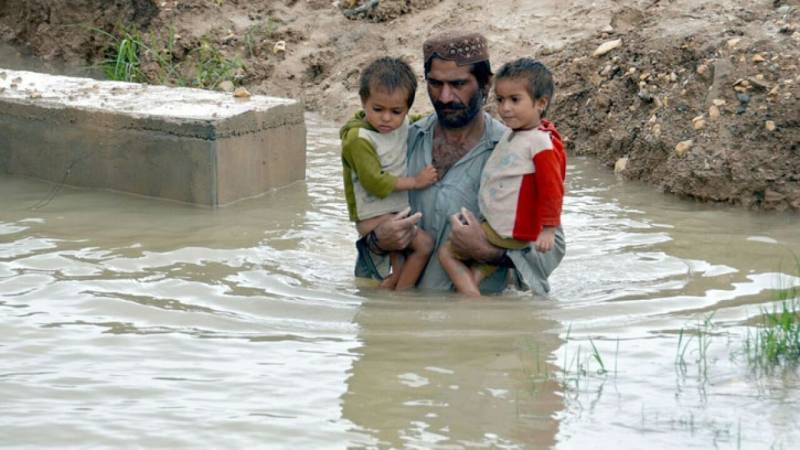The death toll from malaria and other diseases tearing through Pakistan's flood-ravaged regions reached 324, authorities said on Wednesday, and actress Angelina Jolie said she feared many people she had met during visits to flood-hit areas this week would "not make it" if more aid did not arrive.
Hundreds of thousands of people displaced by the floods were living in the open. Stagnant floodwaters, spread over hundreds of kilometres, may take two to six months to recede. Already they have led to widespread cases of skin and eye infections, diarrhoea, malaria, typhoid and dengue fever.
Authorities and aid workers have said more immediate help is needed for displaced families exposed to swarms of mosquitoes and other hazards, such as snake and dog bites.
Despite the efforts of the government and local and foreign relief organisations, many people are in dire need of food, shelter, medical assistance and medicines.
With Pakistan's already weak health system and lack of support, displaced families have complained of being forced to drink and cook with unsafe water.
A historic and intense monsoon dumped about three times as much rain as Pakistan's three-decade average. Combined with glacial melt, this caused unprecedented flooding.
It confirmed 665 new malaria cases among internally displaced families over the same period, with another 9,201 suspected cases. It said a quarter of the more than 19,000 patients screened in the last 24 hours across the province were positive, a total of 4,876.
United Nations Pakistan said malaria, typhoid and diarrhoea cases were spreading quickly, adding 44,000 cases of malaria were reported this week in the southern province.
In Balochistan, malaria is spreading quickly in regions around stagnant waters.
Deaths from disease are not counted among the 1,569 people who were killed in flash floods, including 555 children and 320 women, the National Disaster Management Authority said on Wednesday.






